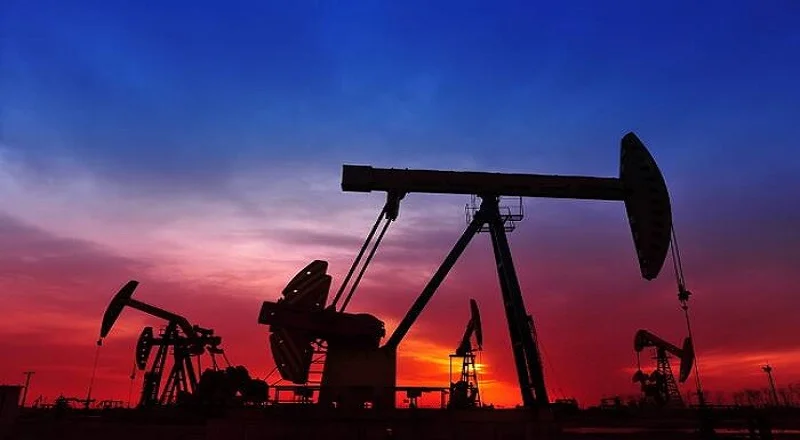Crude oil prices hit their highest levels since 2008 in early trading on Monday after the US said it is discussing a ban on the import of Russian crude with its European allies.
Brent, the international benchmark for two-thirds of the world’s oil, hit $139.13 a barrel and West Texas Intermediate (WTI), the gauge that tracks US crude, jumped to $130.50 in early trading. Brent hit a record high of $147.02 on July 11, 2008 amid the global financial crisis, while WTI soared to $146.90.
However, both key benchmarks receded by 1145 hours GMT, but remained high, with Brent up 6.81 percent at $124.92 per barrel and WTI 6.99 percent higher at $122.67.
The price for Opec Basket was recorded at $117.06 a barrel with an increase of 4.33 percent, Arab Light was available at $123.60 a barrel with an increase of 15.19 percent and the price of Russian Sokol jumped to $114.21 a barrel with 15.75 percent increase.
Read More:
Sales tax cut on oil drops revenue by Rs45.6bn in six months
Oil import bill surges 107pc to $11.7bn in seven months
“We are now in very active discussions with our European partners about banning the import of Russian oil to our countries, while of course, at the same time, maintaining a steady global supply of oil,” US Secretary of State Antony Blinken said in an interview with NBC’s Meet the Press show.
Oil prices could hit $180 a barrel and cause a global recession, according to Japan’s largest lender MUFG Bank. “Should the prevailing Russia-Ukraine conflict intensify in the coming weeks and broaden to include energy sanctions, we would be increasingly convicted that the sheer velocity of Russian crude and refined products exports off the table would march the front end of the oil price curve to $180 a barrel by the summer if not earlier,” said Ehsan Khoman, head of emerging markets research at MUFG.
Oil prices at such levels will lead to demand destruction and consumer energy spending plummeting, which happened in the early 1980s and mid-2000s, leading to global recessions in 1982 and 2009.
The International Monetary Fund said on Saturday that Russia-Ukraine conflict and the sanctions imposed on Moscow as a result, will have a severe impact on the global economy.


